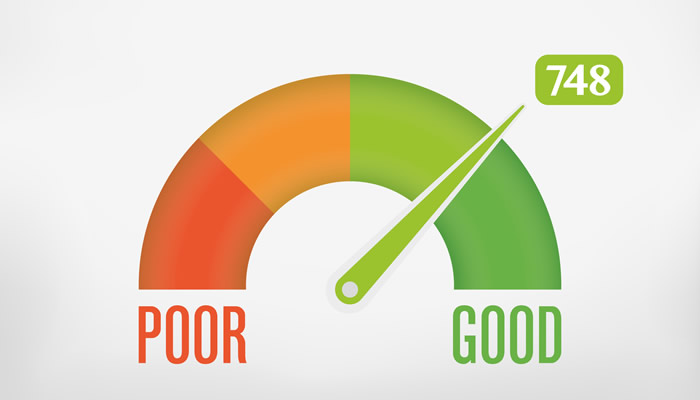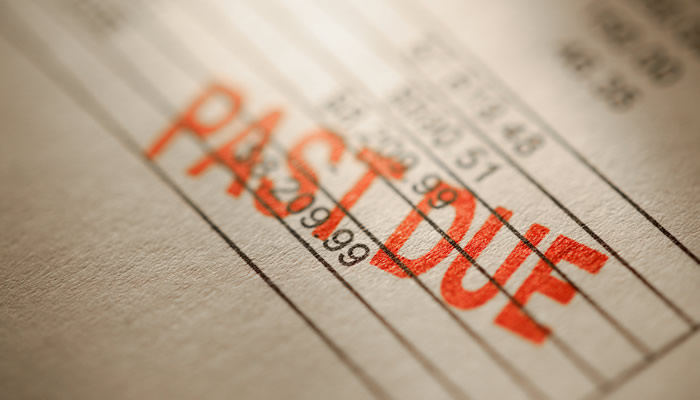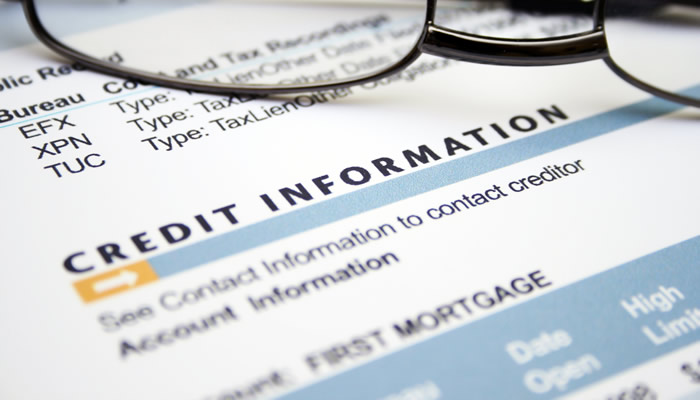Understanding Your Credit Score
If you ever need to borrow money for a major purchase like a house or car, building and maintaining a positive credit history is critical. Your credit history is kept on file by credit reporting agencies such as TransUnion and Equifax, who track how you use credit. This information is used to create your personal credit score and credit report. A good credit score can mean the difference between your loan being approved or denied.

What is a Credit Score?
Your credit score is a three-digit number calculated using the information found in your credit report. It’s used by lenders to assess your financial health and risk at a specific time. Scores typically range from 300 to 900. Good scores are typically 670 and higher; anything over 750 is considered excellent. There are several factors that influence your credit score that you should be familiar with.
Your credit score is important, as lenders may use it to set interest rates and credit limits. Having a high credit score is beneficial, as you may be able to save a lot of money by securing a lower interest rate. Your credit score will change over time as your credit report is updated.
How to Improve Your Credit Score
If your credit score isn’t as high as you’d like, there are ways you can improve it. Here are some tips to help boost your credit score.
Review Your Credit Report: If you’re concerned about your credit score, the first thing you should do order a copy of your credit report. You are entitled to one free credit report per year from the major credit reporting agencies, TransUnion and Equifax. With your credit report in hand, you should carefully review it to see which factors may be contributing to a lower score.
Pay Your Bills in Full and on Time: You should always strive to pay your bills in full and on time by the due date. Not paying your bills, or paying them late, could negatively affect your credit score. If you can’t pay the full amount, at the very least pay the minimum.
Credit Limit: Don’t exceed your credit limit on your credit card. Not only can you face a penalty from your credit card issuer, the higher the balance you carry, the more of an impact it will have on your credit score. You should aim to keep your credit utilization below 35 per cent of your available credit.
Number of Inquiries: Reduce the number of credit applications you make; only apply for credit when you really need to. If you apply for credit too often with too many lenders, it can have a negative impact on your credit score.
Hard Hits vs. Soft Hits: There are two types of inquiries: hard hits and soft hits. Hard hits are inquiries recorded on your credit report that count toward your credit score. Examples of hard hits include a credit card or mortgage application. Soft hits do not affect your credit score. Requesting a copy of your credit report is an example of a soft hit. Before making a credit application, you should ask if it will be counted as a hard hit or soft hit.
Build a Credit History: You may have a lower credit score because you lack a payment history. For that reason, it’s a good idea to start building a positive credit history at a young age. By taking out a credit card and paying your balance in full each month and keeping your utilization below 35 per cent, you can start building a positive credit history. That way when you go to buy your first house or car, you shouldn’t run into any problems due to a lack of credit history.




